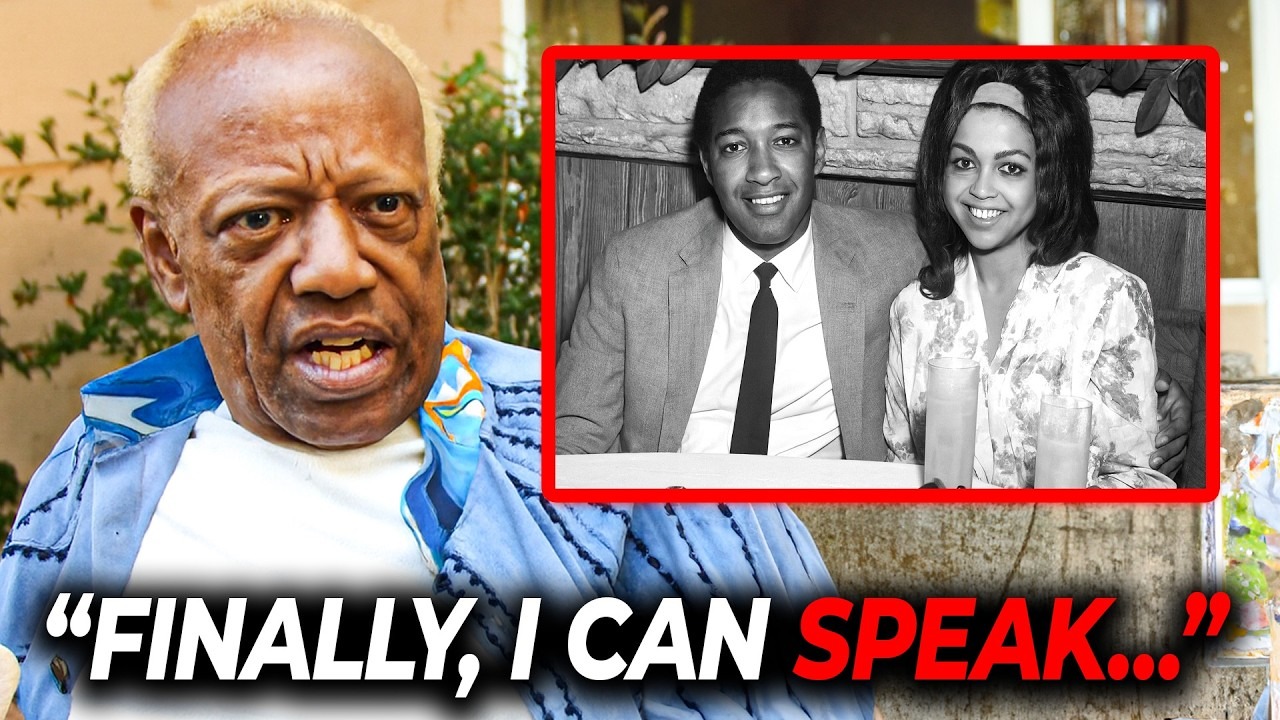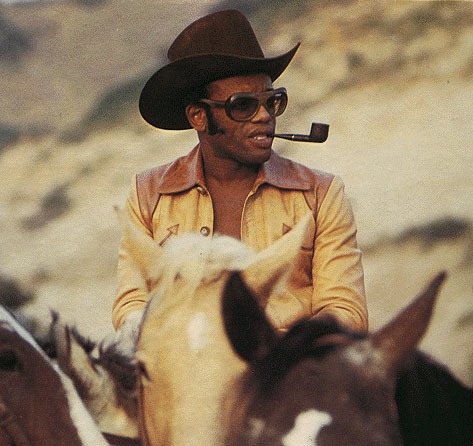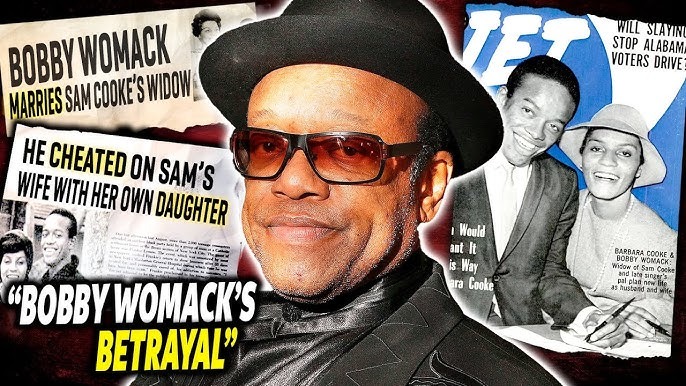Bobby Womack’s Revelation at 70: The Truth About Sam Cooke

At 70, just before his passing in 2014, Bobby Womack broke decades of silence to share the profound impact of Sam Cooke on his life, alongside the scandal that nearly derailed his career.
Womack’s story, rooted in mentorship and marred by controversy, offers a raw glimpse into soul music’s golden era. His reflections reveal a complex bond with Cooke, marked by gratitude, grief, and a struggle for personal redemption.
Womack first met Cooke in 1953 at age 9, when his family gospel group, the Womack Brothers, opened for Cooke’s Soul Stirrers in Cleveland. Cooke’s playful challenge—“If I let you open, you’re not gonna steal the show, are you?”—sparked a connection. That night, Bobby’s powerful voice stunned the crowd and Cooke alike, forging a mentorship that shaped his future.

By 1961, Cooke signed the brothers to his SAR label, guiding them from gospel to secular music. Under Cooke’s wing, they became The Valentinos, scoring a hit with “Lookin’ for a Love” in 1962, a testament to Cooke’s vision of blending spiritual roots with commercial appeal. Womack credited Cooke for three-quarters of his musical identity, learning phrasing, stage presence, and self-belief from the soul icon.
A pivotal moment came when Cooke played “A Change Is Gonna Come” privately for Womack. The song’s haunting weight led Womack to say, “It feels like death.” Cooke agreed, refusing to perform it publicly then, aware of its emotional depth tied to civil rights struggles.
This exchange showed Womack music’s power to transcend entertainment, embodying pain and hope—a lesson he carried forward.
Cooke’s tragic death in 1964 at age 33, shot under disputed circumstances at a Los Angeles motel, shattered Womack. Devastated, he described losing not just a mentor but a brother. Yet, months later, Womack married Cooke’s widow, Barbara, igniting a scandal that branded him a betrayer. Public outrage overshadowed his talent as fans and press questioned his motives.

Womack later explained it as a shared grief, a desperate grasp for solace, but the marriage crumbled amid mistrust, culminating in a violent fallout when Barbara discovered his affair with her daughter Linda. This betrayal, and Linda’s later marriage to Womack’s brother Cecil, deepened the controversy.
At 70, Womack faced this past unflinchingly. He admitted the marriage was a mistake born of pain, not ambition, and expressed regret for the hurt caused. Yet, he insisted Cooke remained his life’s cornerstone, his influence undimmed by scandal.
Womack’s 1970s resurgence, with hits like a solo “Lookin’ for a Love,” proved his talent could stand alone, reclaiming his identity. Inducted into the Rock and Roll Hall of Fame in 2009, he honored Cooke, linking “A Change Is Gonna Come” to enduring change. Beyond friendship and controversy, Womack’s story with Cooke was a legacy of music and resilience, one voice echoing the other through time.